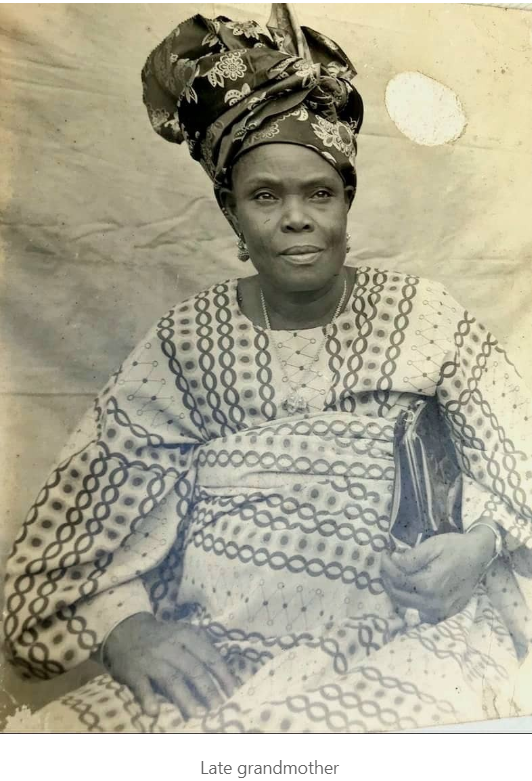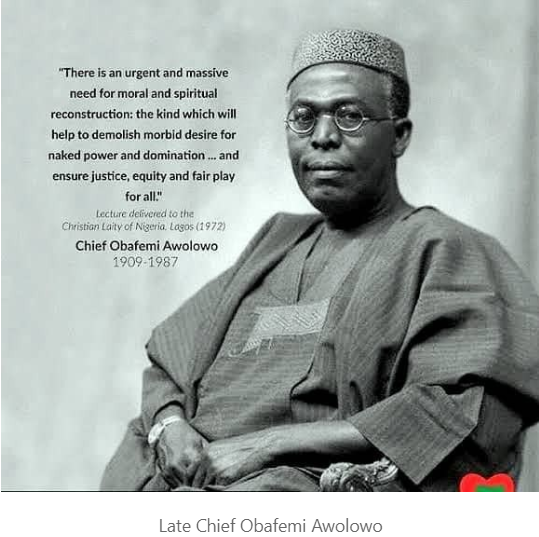Senator Babafemi Ojudu, CON
 I CAN never resist the urge to tell this story whenever the opportunity arises. It captures, in one poignant moment, what yesterday was and what today, sadly, has become.
I CAN never resist the urge to tell this story whenever the opportunity arises. It captures, in one poignant moment, what yesterday was and what today, sadly, has become.
In 1996, as my grandmother lay on her deathbed at the age of 97, she sent for me. I arrived promptly, unsure of what this final meeting would hold. What she handed me has remained etched in my memory ever since—a modest bundle of old receipts. Not land documents. Not bank papers. Just receipts.
They were records of her weekly contributions to political parties she believed in—the Action Group under Chief Obafemi Awolowo and, later, the Unity Party of Nigeria. Parties that, by 1996, no longer even existed. Yet she held on to those slips of paper like sacred tokens of duty and legacy.
“Keep this,” she said to me with quiet pride. “You may need them someday when your children apply for scholarships. I don’t want anyone saying I didn’t make my contributions.”
This was a woman who understood followership, not as blind loyalty or self-interest, but as a principled investment in a collective vision. She followed a leader because she believed in the cause. She paid dues out of conviction, not convenience. She didn’t wait for rice, cloth, or brown envelopes before aligning with an idea she found noble.
Fast forward to 2010, when I became active in partisan politics and began mobilizing to run for the Senate, the contrast was jarring and painful. Gone was the spirit of voluntary commitment. In its place was a culture of expectation and entitlement. To get party members to attend meetings, you had to pay them. You fed them. You provided transportation. You gave them souvenirs. You recharged their phones.
After winning, the demands escalated. You were expected to sponsor weddings—sometimes for people you barely knew. You were called upon to roof houses, pay hospital bills, settle family disputes, fund burials, and respond to spontaneous calls at odd hours, ranging from school fees to “stomach infrastructure.”
I began to ask myself: Is this followership, or have we raised followersheep? 
This shift reveals more than just changing political styles. It marks a generational erosion of civic consciousness. Where my grandmother saw political participation as duty, many today see it as a transaction.
Where she gave out of belief, many now demand out of habit. And where she passed down receipts, some now pass on requests.
This is not to romanticize the past. Nor is it to condemn those grappling with genuine economic hardship. But it is a call to reflect. If democracy is to thrive, we must rebuild the moral economy of followership—rooted in values, responsibility, and shared purpose.
We need a new generation that follows because they believe, not because they expect. That joins causes, not queues. That contributes, not just consumes.
Only then can we escape the cycle of disillusionment and disappointment. Only then can we elect not just better leaders but also become better citizens—worthy of the democracy we demand.
The receipts my grandmother gave me are faded now, but their message is clearer than ever:
Let your loyalty never be for sale. Let it be recorded that you believed enough to give, not just to take.





